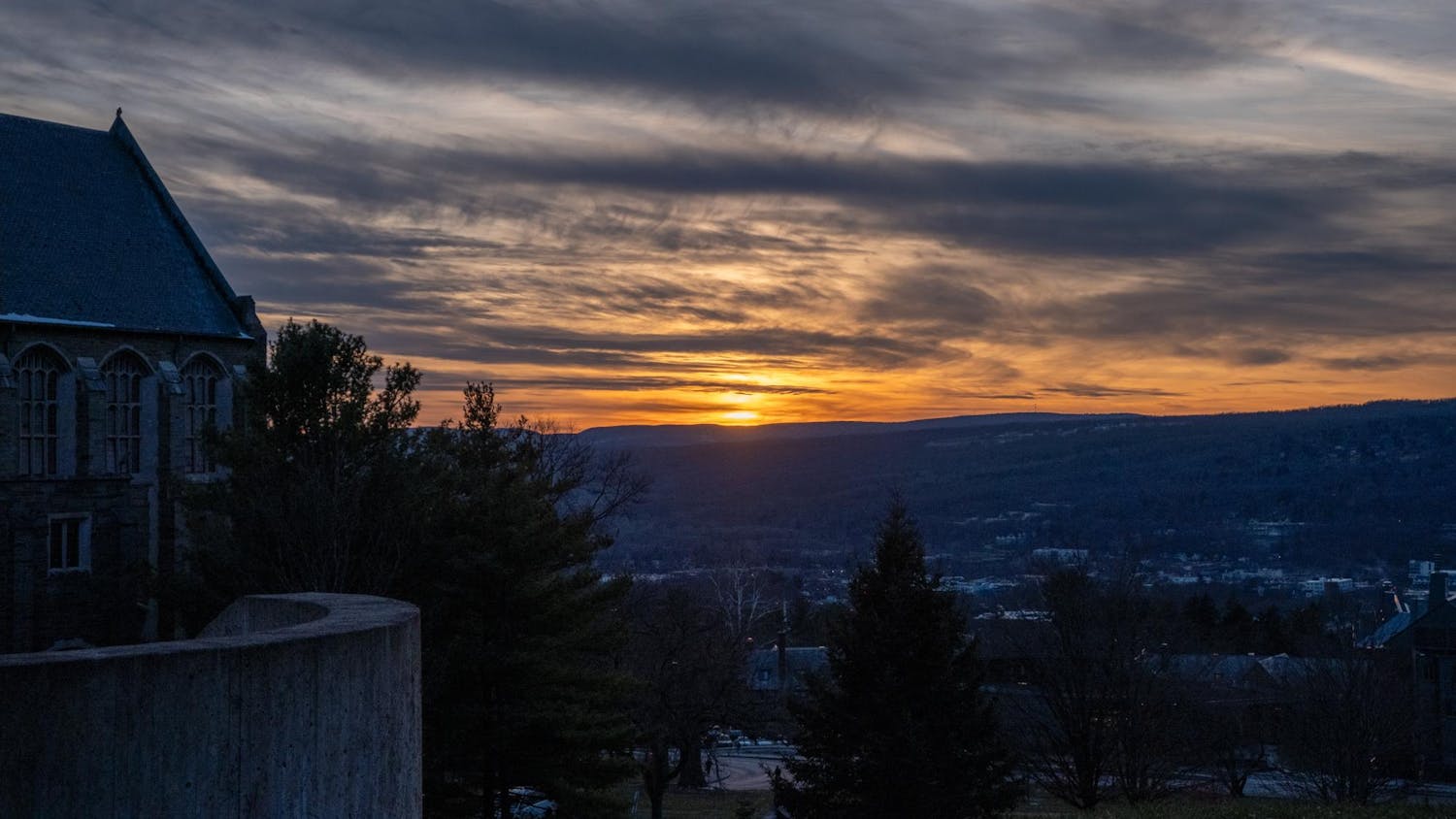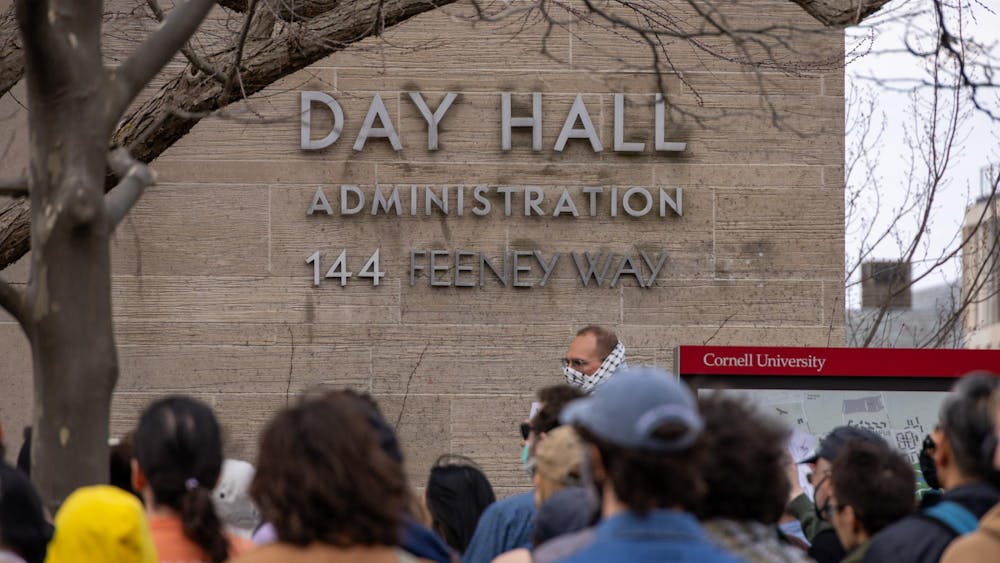Cornell offers a host of resources for students considering a career in law. However, with so many choices — from advising to pre-professional fraternities to law classes to networking events — the pre-law path can be a daunting pursuit.
Cornell provides advising through the Career Services’ Pre-law Advisory Network instead of a designated pre-law office. The network is composed of 15 advisors representing various undergraduate colleges who offer guidance to students interested in the law school application process and a legal career.
The Sun spoke with students and advisors about the available resources for those venturing on the pre-law track.
Benjamin Martin, the College of Engineering’s pre-law advisor, said the department typically works with first or second-year undergraduate students. Martin explained insights on the pre-law process in an interview with The Sun.
“It’s much different than pre-health, where you have to take specific classes,” Martin said. “It’s much more about competencies, leadership and skill-building.”
Michael Raybetz ’25 has met with his pre-law advisor multiple times over the past several semesters. In addition to finding his advisor’s suggestions “very specific and helpful,” Raybetz also emphasized the importance of seeking guidance early.
“I have found scheduling the appointments to be pretty easy as long as I plan several weeks in advance,” Raybetz said.
Not all students have found the advising resources to be as accessible as Raybetz. Basil Bob ’27 has not yet had the chance to meet with a pre-law advisor, noting the office’s lack of availability.
“I spoke with an advisor during a pre-law conference around the end of October [last semester], and they told me I would have to schedule an appointment for December,” Bob said.
Assistant Director for Pre-Law and Pre-Graduate Advising Alex Jablonski explained that students generally should be able to schedule an appointment with a month’s notice with the Central Career Services Office.
“One issue is that students will see the calendar, and if they think there’s no availability, they won’t reach out or contact the office,” Jablonski said.
Jablonski stressed the fact that during the fall law school application season, the advising team is very busy due to “a large applicant pool.” For students with less time-pressing questions, he encouraged them to come in anytime between January and August, as the office tends to be much more available then.
Dorothy Kim ’25 said she has had an overall “wonderful experience” with Cornell’s pre-law advising, despite facing similar troubles with getting an appointment. Kim met with Jablonski who helped her work through her law school essays. However, she had trouble booking a follow-up meeting because all the slots were filled.
”[It’s] difficult to have follow-up meetings with the same advisor,” Kim said. “Since there's no guarantee of follow-up advising sessions, the office isn't a completely reliable resource for individualized feedback.”
Pre-law advising is not the only source of pre-law information for students. Raybetz found it helpful to attend seminars and law-networking events hosted by Arts & Science Career Development.
As a member of Phi Alpha Delta — one of Cornell University’s pre-law fraternities — and The Black Ivy Pre-Law Society, Bob has found his network of pre-law friends and student organizations to be the most helpful in “keeping up with what’s going on in the pre-law space at Cornell.”
Prof. Jeffrey Rachlinski, law, explained that each of the seven Cornell Law School courses offered to undergraduate students “provide an excellent taste of legal education for undergraduates interested in various subjects.”
Rachlinski noted the advantage of Cornell’s location and resources. Rachlinski highlighted the undergraduate campus’s proximity to the law school, which “[offers] classes to undergraduates who have any interest in the law, with faculty who are on-site and happy to meet with them if they want to talk about a career in law."
“We believe Cornell undergraduates are more than capable of digesting and reading original legal materials such as judicial opinions and even statutes,” Rachlinski said. “Students are given primary materials taught in the style of law school and cold-called to walk through the materials.”
Jablonski advised students or graduates considering a career in law that it “doesn’t matter what [they] major in,” and it is important to study “something you like and care about.” He also explained that it is important to apply early in the law school admissions cycle.
Kaitlyn Xia ’28 is a Sun contributor and can be reached at kx89@cornell.edu.











